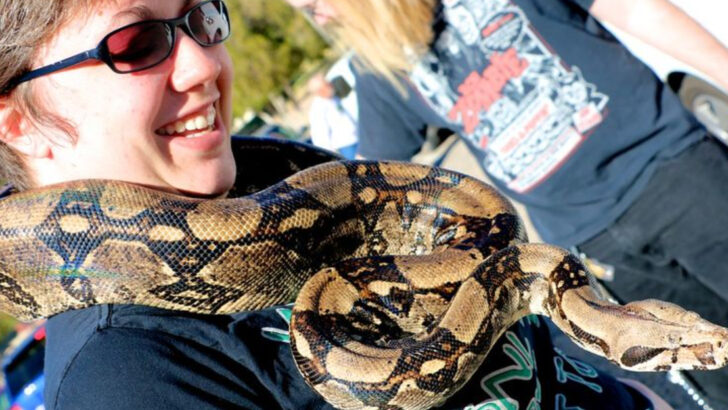Reptiles might not wag their tails or purr, but they have feelings, too—and they notice way more than you think. From lighting mistakes to constant handling, some well-meaning habits can quietly stress them out. Unlike dogs or cats, reptiles don’t always show discomfort right away, which makes it easy to miss the signs.
That’s why understanding what really bothers them is so important. A few small changes can mean the difference between a thriving pet and one that just survives. If you’ve ever wondered why your reptile seems withdrawn or agitated, the answer might be in your daily routine.
Let’s take a closer look at the habits that could be making life harder for your cold-blooded friend.
Improper Temperature Regulation
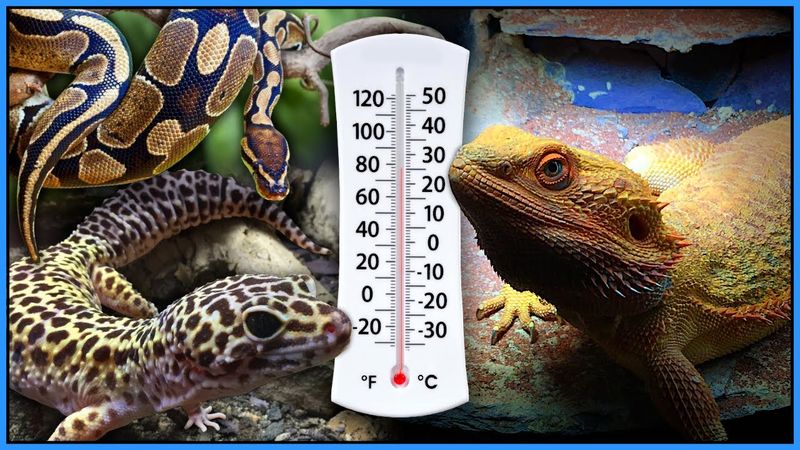
Temperature is crucial for reptiles, as they rely on external heat sources to regulate their body temperature. An improper setup can lead to serious health issues.
Imagine a bearded dragon sitting under a broken lamp, unable to warm up. These pets require specific temperature gradients to thrive. Without them, their metabolism can slow down, leading to lethargy and poor digestion.
Owners must ensure that the enclosure mimics the natural habitat’s warmth, with functioning heat sources. Regular checks and maintenance of equipment can prevent unnecessary discomfort for your reptile companion.
Inadequate Lighting
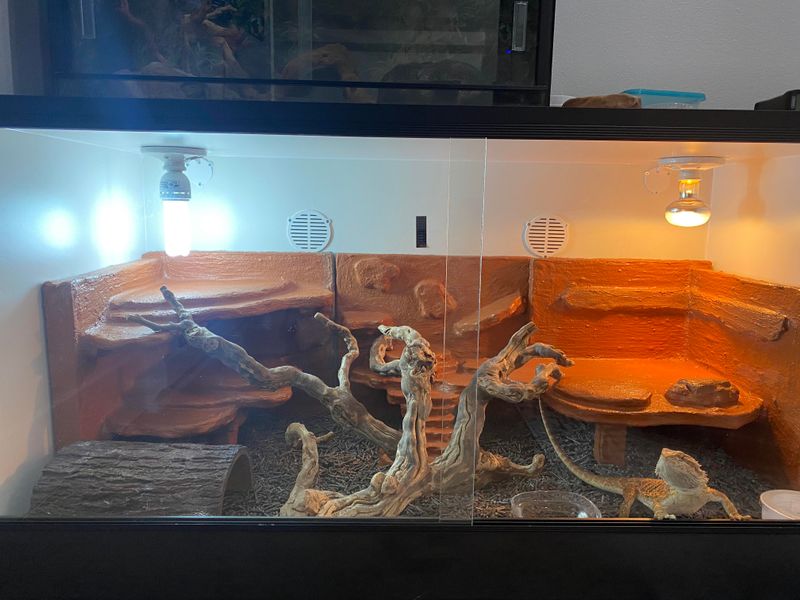
Lighting plays a pivotal role in a reptile’s health, particularly UVB lighting. Without it, reptiles can suffer from bone diseases and other health problems.
Take, for example, a gecko whose lights are too dim. This lack of adequate lighting affects their ability to synthesize vitamin D3, essential for calcium absorption. Over time, it leads to metabolic bone disease.
To avoid this, owners should invest in quality UVB lights and replace them at recommended intervals. Adequate lighting ensures that reptiles remain active and healthy, reflecting their inner vitality outwardly.
Overfeeding
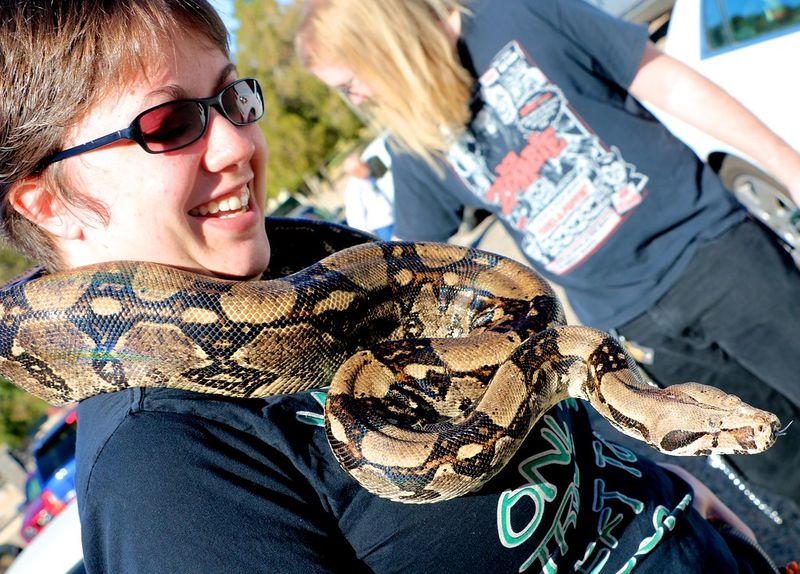
Overfeeding is a surprisingly common issue among reptile owners who equate more food with better care. However, this misconception can lead to obesity and other health issues.
Consider a snake whose girth is noticeably wider than its natural shape. Overfeeding can cause excessive weight gain, impacting mobility and leading to other complications.
It’s important to adhere to feeding guidelines specific to each species, providing appropriately sized meals at the right intervals. Balanced feeding practices ensure reptiles maintain optimal health and energy levels.
Neglecting Enclosure Size
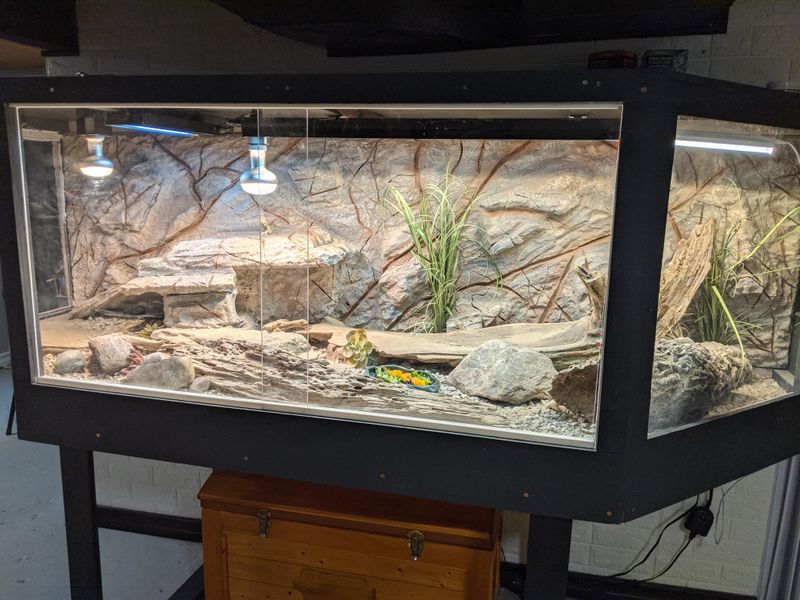
Space is a fundamental necessity for reptiles, yet many owners neglect proper enclosure sizes. A cramped space can lead to stress and physical health issues.
Picture an iguana barely able to turn around in its small enclosure. Such conditions can cause stress, leading to aggressive behavior or stress-related illnesses.
Owners should research the spatial needs of their specific reptile species, ensuring the enclosure is spacious enough for natural behaviors and growth. A properly sized habitat promotes mental and physical well-being.
Improper Humidity Levels
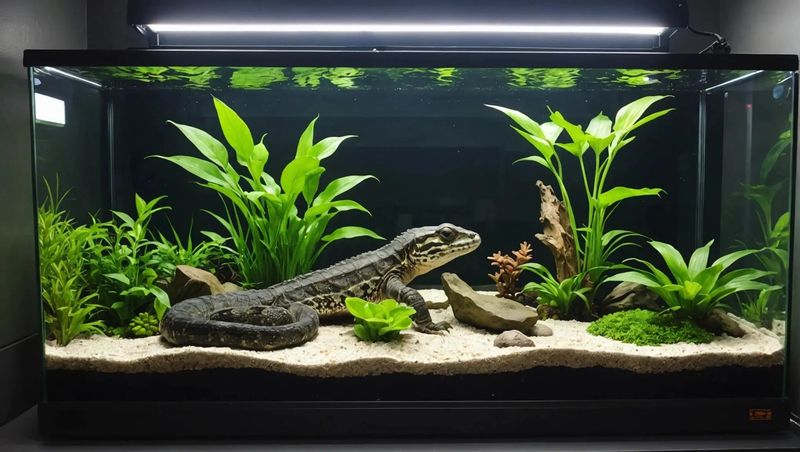
Humidity is essential for many reptiles, influencing skin health and shedding processes. Ignoring this aspect can lead to severe health problems.
Imagine a tortoise struggling with dry, flaking skin due to inadequate humidity. The right humidity levels facilitate proper shedding and hydration.
To maintain appropriate humidity, owners can use hygrometers to monitor conditions and implement misting systems or humidity boxes. Consistent management of humidity ensures reptiles remain comfortable and healthy.
Using Inappropriate Substrate

Choosing the wrong substrate can cause discomfort or even serious health issues for reptiles. It’s an often-overlooked aspect of pet care.
Think of a lizard lying on coarse, unsuitable bedding that irritates its skin. This can lead to cuts, infections, or ingestion of harmful materials.
Owners should select substrates that align with their pet’s natural habitat. Soft, digestible substrates generally serve best, supporting overall health and well-being. Proper substrate choices can significantly enhance a reptile’s quality of life.
Ignoring Social Needs
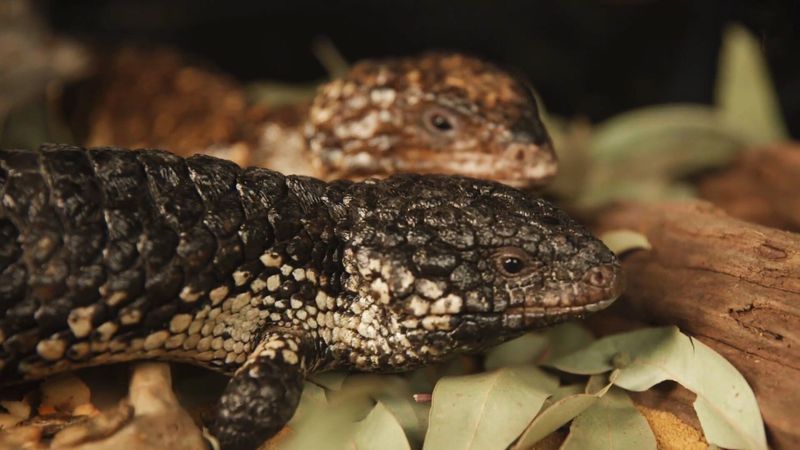
While reptiles are often solitary, some species can benefit from social interaction or environmental enrichment to prevent boredom.
Picture a turtle in an empty tank, lacking stimulation. This environment can lead to inactivity and stress, impacting its overall health.
Providing hiding spots, varied terrain, and occasional interaction can enrich a reptile’s environment, promoting mental engagement and contentment. A well-thought-out habitat combats loneliness and enhances quality of life.
Forgetting Regular Health Checks
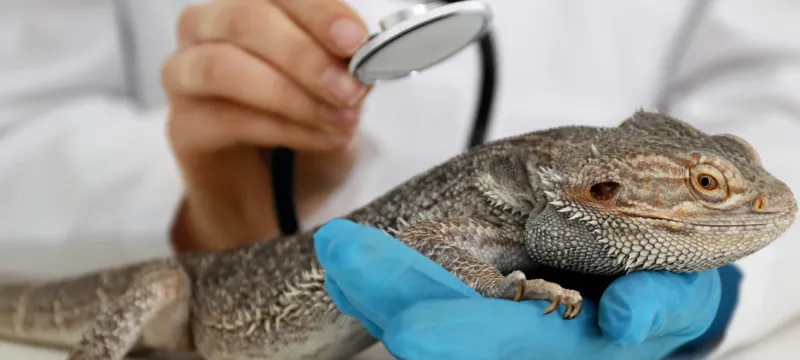
Routine health checks are vital for early detection of potential issues. Many owners neglect this aspect, putting their reptiles at risk.
Imagine a reptile whose subtle symptoms go unnoticed without regular vet visits. Early detection can prevent severe health complications.
Regular veterinary checks and at-home observations can catch issues before they escalate. Proactive health management is key to a long, healthy life for reptiles.

